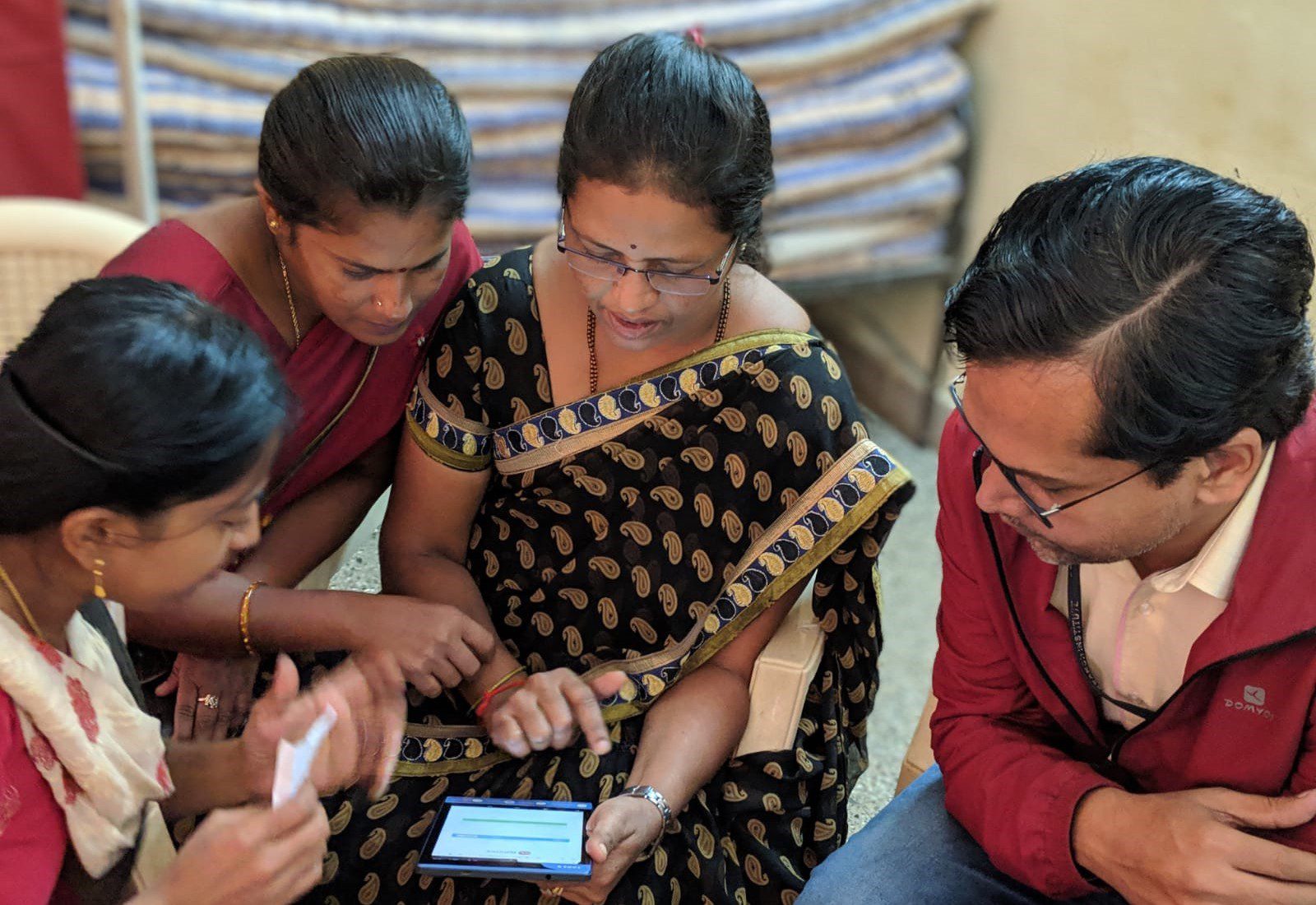
On August 15, Prime Minister Modi will announce India’s National Digital Health Mission — underpinned by the Personal Health Record design that was proposed by India Digital Health Network (IDHN) collaborators at a Radcliffe Seminar in 2016. IDHN is a Harvard-wide research and policy collaborative that works with public and private sector partners in India to advance meaningful health data exchange with the intent to improve clinical care and population health.
In a recent op-ed in the Indian Express, “A digital push for healthcare,” Satchit Balsari, Assistant Professor in Emergency Medicine at Harvard Medical School and in Global Health and Population at Harvard T.H. Chan School of Public Health, and IDHN team member, discusses the significant impact that digitizing health records could have on both doctors and patients throughout the healthcare system. “We physicians universally agree that digitizing health records is not only a good thing, but a desperately needed intervention because it increases accountability, improves patient outcomes, and advances evidence-based policymaking,” Professor Balsari writes.
Now, India’s new health data ecosystem is one step closer to reality. “…[I]n 2017, an interdisciplinary team of physicians, lawyers, and computer scientists from the academia, government, and the private and philanthropic sectors published a roadmap for re-imagining India’s health data ecosystem, calling for a federated, API-enabled, PHR — principles that are reflected in NITI Aayog’s National Health Stack Bluebook and the health ministry’s National Digital Health Blueprint,” says Professor Balsari. In the years since, collaborators across India have worked to build a new picture of digital health.
Cautioning against US-based designs that have led to physician burnout, Professor Balsari observes that “it is imperative that India, while embracing global standards, seriously rethinks what to document, when, why, and most importantly, by whom. The country must harness advances in voice recognition, natural language processing, and machine learning to ignite its health data ecosystem without straining its over-burdened workers.”
A new paper written by members of the IDHN team, “Regulatory Sandboxes: A Cure for mHealth Pilotitis?,” soon to be published in the Journal of Medical Internet Research, explores the challenges faced in globally scaling mHealth interventions despite significant financial investment. In it, authors Satchit Balsari, Abhishek Bhatia, IDHN Fellow at the Mittal Institute; Tarun Khanna, Jorge Paulo Lemann Professor at Harvard Business School and Faculty Director of the Mittal Institute; and Rahul Matthan, Partner at Trilegal, discuss the limitations in the implementation of digital health tools, the impact of COVID-19, and call for the use of Regulatory Sandboxes to test solutions before bringing them to the real world.
“The implementation of digital health tools has suffered from two limitations: a) the interventions commonly ignore the law of amplification that states that technology is most likely to succeed when it seeks to augment, and not alter human behavior; and b) end-user needs and clinical gaps are often poorly understood while designing solutions,” they write. Through the use of Regulatory Sandboxes, the team believes that using a real-world testing environment can pave the way to deploy successful solutions on a larger scale.
“We believe that these Regulatory Sandboxes can be the pill needed to combat the bane of mHealth pilotitis, in India and around the world. A Sandbox will provide the enabling conditions administrators need to test new solutions in subsets of populations, before mandating change at scale. They offer an opportunity to test what are often minimum viable digital health products, in a responsible, controlled, and monitored real-world environment,” the team writes.
To learn more about the IDHN team’s latest work, read the articles below:
- A digital push for healthcare: Portability of data will cut costs, save time, Indian Express, by Satchit Balsari
- Regulatory Sandboxes: A Cure for mHealth Pilotitis?, Journal of Medical Internet Research, by Satchit Balsari, Abhishek Bhatia, Tarun Khanna, and Rahul Matthan
